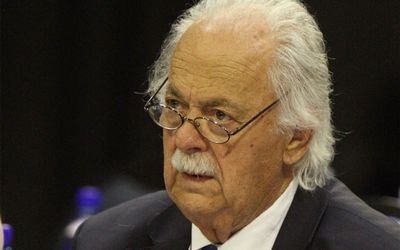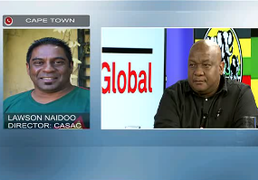VETERAN human rights advocate George Bizos on Thursday night asked: "Who do our leaders think they are kidding when they tell us they are following in Madiba’s footsteps?"
To tumultuous applause, Mr Bizos ended his address at the University of the Witwatersrand’s memorial to former president Nelson Mandela, who died on December 5, with this warning.
He did not mention names, but his previous sentence referred to Mandela’s instructions that a third of his presidential salary be given to charity.
President Jacob Zuma, who was booed by a large contingent of the crowd that had gathered at Johannesburg’s FNB Stadium for Tuesday’s official memorial service for Mandela, is facing an array of corruption allegations. These include claims that R20m of the R206m spent on his private Nkandla estate was not spent on security, but on frivolities such as a swimming pool.
Ahmed Kathrada, a Rivonia triallist and close friend of Mandela, followed up Mr Bizos’s comments with reassurances that South Africa’s constitution was more powerful than any individual or organisation in the country.
Mr Kathrada also said the Constitutional Court would hold firm Mandela’s vision of a nonracial, nonsexist, equal and democratic society for South Africa.
"The Constitutional Court is most powerful (in South Africa) ... more powerful than the ANC (African National Congress), more powerful than the government. They will ensure that if it goes wrong, they will put it right again," Mr Kathrada said.
Fellow Robben Island prisoner Dikgang Moseneke, now deputy chief justice of the Constitutional Court, said he rose daily to do his duty to South Africans.
"I can still hear his voice, ‘Dikgang, remember you are a rebel,’" he said.
Justice Moseneke said South Africa needed the institutions that safeguarded Mr Mandela’s legacy, including the public protector.
The evening was, however, largely filled with laughter, not solemnity.
Speaking about the Rivonia Trial that in 1964 sentenced Mandela and other African National Congress (ANC) leaders to life imprisonment, Mr Kathrada gestured to Mr Bizos, who had defended Mandela and ANC leader Walter Sisulu, and said: "He sent us to jail."
This was met with resounding laughter, not least from Mr Bizos himself.
Mr Kathrada immediately went on to explain how Mr Bizos, former Constitutional Court president Arthur Chaskalson and other lawyers saved the Rivonia triallists from an expected death sentence.
Mr Kathrada said during the gruelling nights of the trial when the defendants thought they would be sentenced to death, triallist Govan Mbeki’s hair turned white. As the defendants were not allowed to speak to each other, they were concerned that he had given up or perhaps cracked and handed sensitive information to apartheid authorities.
When at last a night came when they could speak to Mbeki, he told them: "Nothing of the sort, my black hair dye ran out."
Mr Bizos explained how Mandela’s four-hour trial speech came to have its famous ending: "It is an ideal which I hope to live for and to achieve. But if needs be, it is an ideal for which I am prepared to die."
He said he had explained to Mandela that saying simply "I am prepared to die", without the "if needs be", was legally dangerous.
However, Mr Bizos rejected the notion he had saved the triallists’ lives, saying the apartheid government knew it would lose business from countries such as Britain, the US and France if it allowed them to be hanged.


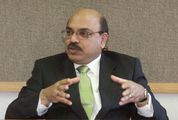
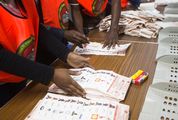
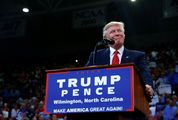
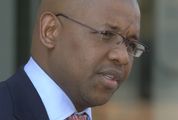




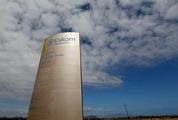
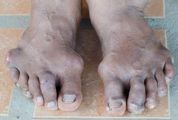
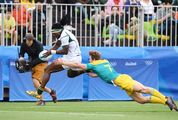

 News and views on the death, and life, of former president Nelson Mandela, with tributes and photographs
News and views on the death, and life, of former president Nelson Mandela, with tributes and photographs

